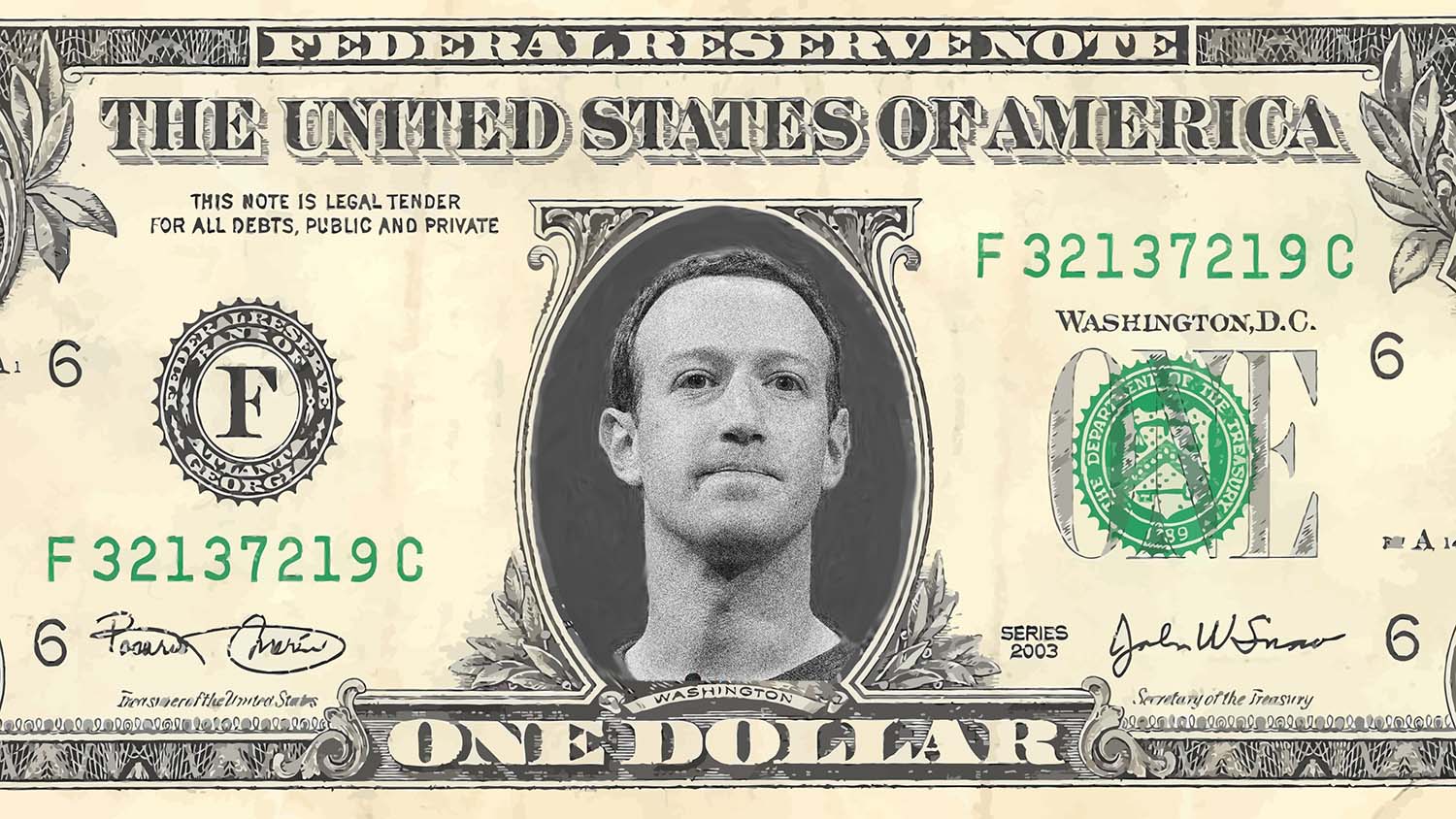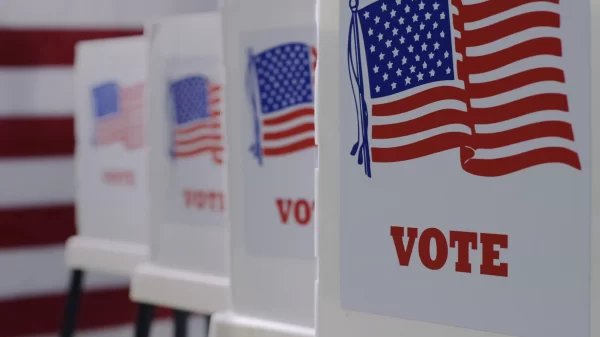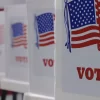The Alabama Senate Governmental Affairs Committee gave a favorable report Tuesday to a bill that would prohibit the acceptance of private funding for election administration.
Critics of the bill say it could also have a chilling effect on grassroots organizations who work alongside elected officials to host voter registration and education events.
Members of multiple grassroots organizations and the Secretary of State’s office spoke against the bill during the public hearing before the vote, while a couple of election officials and the Eagle Forum lent support.
Kathy Jones, president of the League of Women Voters Alabama, said that LWV serves all of Alabama in voter registration and voter education.
“We don’t just set up tables in isolation,” she said. “We work closely with election officials across the state.”
Sponsor Rep. Wes Allen, R-Troy, has said that grassroots organizations are free to set up tables and conduct voter registration drives and that this bill does not prohibit that.
Jones said language in the bill prohibiting the acceptance of personal services is the problem, saying it creates confusion.
“It will generate an atmosphere of uncertainty and reluctance to communicate and collaborate with organizations such as the League of Women Voters,” Jones said. “It is going to place one more burden of fear and potential for intimidation on hard-working selfless election workers who are conducting secure elections.”
Hugh Evans, general counsel of the Secretary of State’s office, also spoke out against the bill. Secretary of State John Merrill had drafted a very similar bill to Allen’s that failed to gain the momentum of HB194.
Evans said the office agrees with stopping the privatization of elections, but shared similar concerns that the language could affect voter registration programs.
“One of the biggest parts of our outreach is our mobile ID photo units where we go to various locations and help people register to vote, provide photo IDs for them,” Evans said. “We had offered some language that didn’t make it into the bill that would make it clear that if there’s an event going on that’s being funded by a private entity that we could still participate, provided we weren’t the sponsor of the event, we weren’t directing the event, we weren’t financing the event or planning the event. That if we were invited to bring our mobile unit up there that we could, indeed, still bring our mobile unit up there. That’s our concern.”
Houston County absentee manager Carla Woodall spoke in support of the bill.
“You have two voices in government, one is to go to the polls and vote and one is to serve as a juror in the judicial system,” she said. “With private donations, you’re tipping those scales of that election before those voters even get to the polls. We have to keep those scales balanced the same in elections. By private groups giving money to our elections. You decrease the integrity of our elections, as well as the confidence of voters for our elections.”
Pike County Probate Judge Michael Bunn also supported the bill, expressing concerns about private money entering elections and pointing to the $400 million in grant funding distributed by Facebook CEO Mark Zuckerberg during the 2020 elections.
“Certainly places like Pennsylvania where you hear so many people concerned, one of the counties Chester County, Pennsylvania got $2.5 million,” Bunn said. “Their budget was only $2.3 million for for elections. That makes a significant impact. And when that money is being spread out in different counties in different ways, I think that’s dangerous and we don’t want that in Alabama.”
JaiGregory Clarke, the voting rights restoration coordinator for Faith in Action Alabama, said the ability of grassroots organizations to work alongside election officials protected his right to vote.
Clarke was released from prison in 2017 and said he quickly attempted to restore his right vote, but met with challenges from election officials.
“I immediately applied for a certificate of eligibility to register to vote, which the Board of Pardons and Paroles granted me,” Clarke said. “I took it down to my county registrar’s office, and I was told by the clerk that I was not eligible to vote because of an outstanding charge that that disqualified me. I recontacted the Board of Pardons and Paroles, and they assured me that my certificate of eligibility was intact. I didn’t know what to do. I talked to my friends at the League of Women Voters and with greater Birmingham ministries, and they contacted the supervisor of the county registrar’s office, who then reviewed my case and registered me to vote. That process took several months.”
The bill already passed the House on a 72-28 vote and can now come before the full Senate with five legislative days remaining on the calendar.



















































